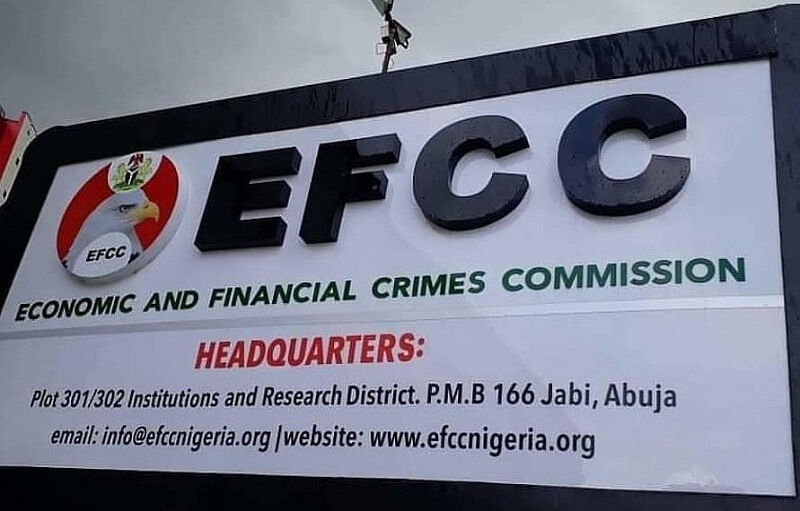
The Economic and Financial Crimes Commission (EFCC) has explained that it is against ethics to reveal the identity of individuals indirectly linked to forfeited assets.
The clarification follows criticism that trailed EFCC’s failure to reveal identity of the owner of a 753-duplex Abuja estate that was forfeited to the government on Monday.
The anti-graft agency had revealed that it recorded its single largest asset recovery through a verdict issued by Justice Jude Onwuegbuzie of the Federal Capital Territory High Court.
The commission’s spokesperson, Dele Oyewale, made the clarification in a statement on Tuesday.
“It will be unprofessional of the EFCC to go to town by mentioning names of individuals whose identities were not directly linked to any title document of the properties,” Oyewale said.
He faulted the claim by activist and publisher, Omowole Sowore, over his claim that the forfeited asset belonged to the former governor of the Central Bank of Nigeria(CBN), Godwin Emefiele and that the commission was fond of hiding identities of high profile criminals.
The statement partly read; “The commentaries of reform-minded Nigerians to the Commission’s painstaking efforts in securing the final forfeiture of the Estate to the Federal Government of Nigeria, are appreciated.
“However, the denigration of such efforts by Omowole Sowore and his think-same and act-same, is unacceptable and grossly un-charitable.
“The allegation of a cover up of the identity of the promoters of the Estate stands logic on the head in the sense that the proceedings for the forfeiture of the Estate were in line with Section 17 of the Advance Fee Fraud Act which is a civil proceeding that allows for action-in-rem rather than action-in-personam.
“The latter allows legal actions against a property and not an individual, especially in a situation of an unclaimed property. This Act allows you to take up a forfeiture proceeding against a chattel that is not a juristic person. This is exactly what the Commission did in respect of the Estate.
“The proceedings that yielded the final forfeiture of the Estate were products of actionable intelligence available to the Commission. The company flagged by our investigations denied ownership of the Estate following publications made in leading national newspapers.
“On the basis of this, the Commission approached the court for an order of final forfeiture which Justice Jude Onwuegbuzie of the Federal Capital Territory, FCT, High Court granted on Monday, December 2, 2024.”
The anti-graft agency through its spokesperson expressed its disappointment in the human rights activist,Omowole Sowore and Nigerians, pointing out that the agency expected an appreciation for the asset recovery rather than being called out negatively.
“The expectation of the EFCC from citizen Sowore is a patriotic appreciation of its efforts in securing such a landmark forfeiture.
“It is shocking that the activist is not concerned about the systemic lassitude and unhelpful permissiveness that allowed such a monstrous corrupt act in the first instance.
“Nigerians should gear up more against lapses and loopholes in our system that continue to make the nation vulnerable to corrupt tendencies.”
The future commission reiterated its commitment to combating financial crimes, noting that investigations on the forfeited assets were yet to be concluded.
“The EFCC will continue to safeguard the financial space of the nation against manipulators and organised brigandage.
“It is important to note that the substantive criminal investigation on the matter still continues.
“The EFCC is unwavering in its no-sacred-cow approach to every matter and together we will make Nigeria greater,” he said.
Why We Didn’t Reveal Identity Of Seized Abuja Estate Owner — EFCC is first published on The Whistler Newspaper